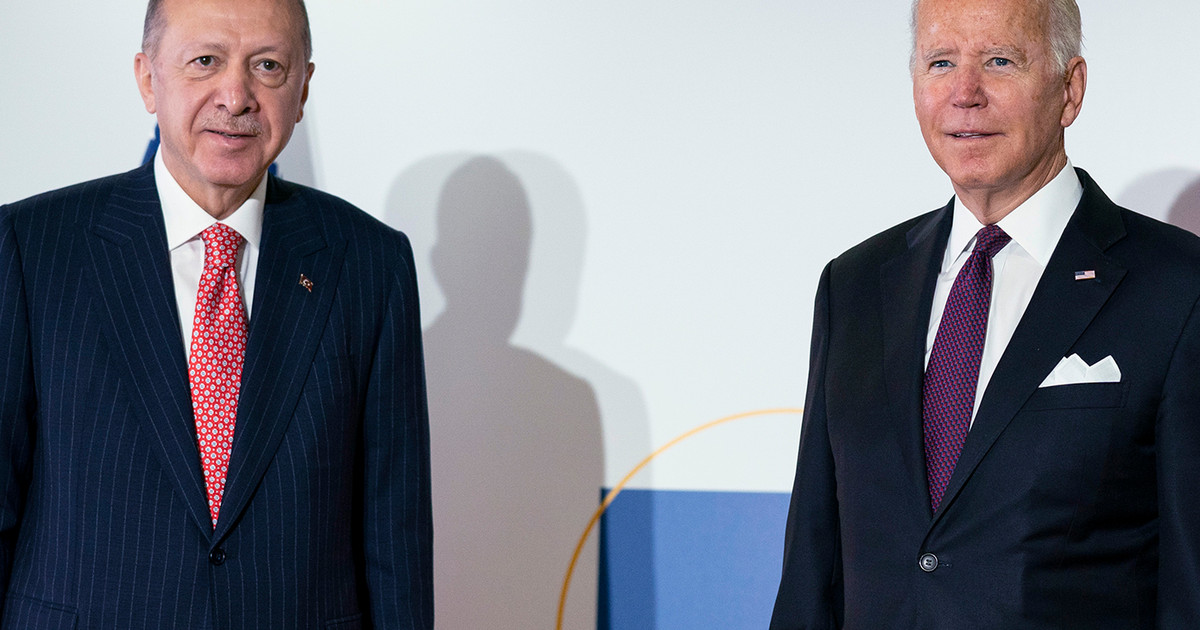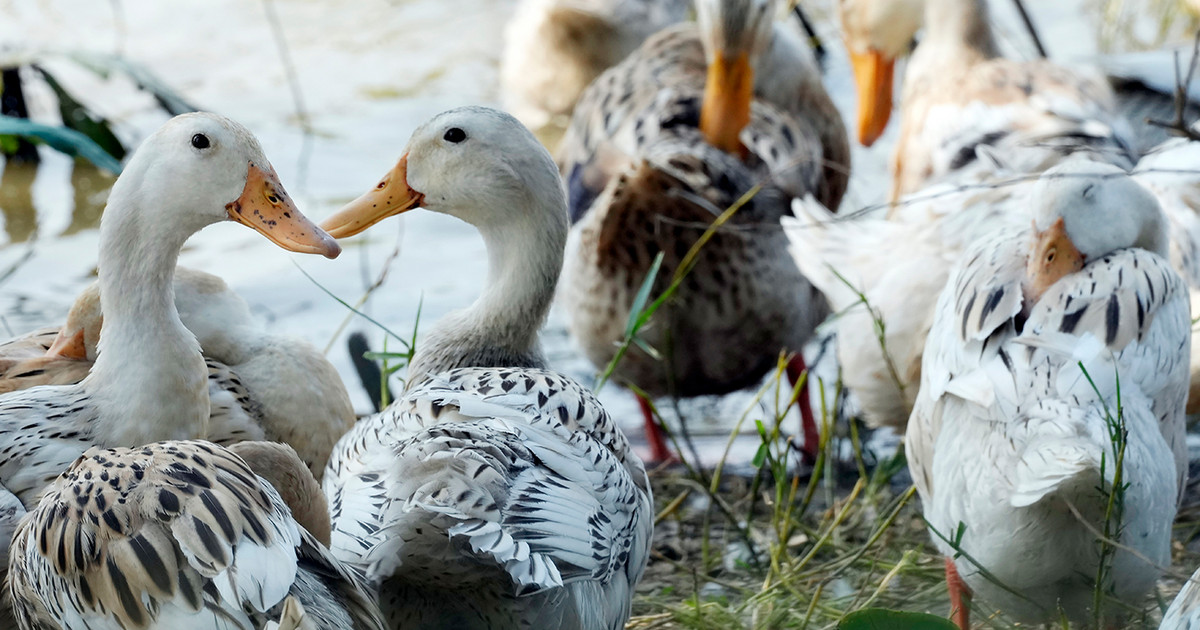For months, Vladimir has been preparing the papers and arranging his affairs to move to France. A visa application process that was once relatively easy is now complicated, but the 37-year-old is confident that moving his family and employees out of Russia will be worth it, CNBC notes.
“On the one hand, it’s comfortable to live in the country where you were born. But on the other hand, it’s about the safety of your family,” Vladimir told CNBC via video call from his office in Moscow.
For Vladimir, the decision to leave the country he has called home his whole life “wasn’t made in a day”. Under Russian President Vladimir Putin, he watched for years what he called an “erosion of politics and freedom” in Russia. But the Kremlin’s invasion of Ukraine was the final straw.
“I think that, in a year or two, everything will be very bad,” he said of his country.
The Russian embassy in London and Russia’s foreign ministry did not respond to CNBC’s request for comment.
The “second wave” of immigration to Russia
Vladimir, whose last name has been withheld because of the sensitive nature of the situation, is part of what is seen as the “second wave” of immigration to Russia after the start of the war. This wave includes those who took longer to prepare to leave the country, such as people with businesses or families who wanted to let their children finish the school year before leaving.
Such flexibility was not given to everyone. When Moscow invaded Ukraine on February 24, along with millions of Ukrainians forced from their homes, life for some Russians became unbearable overnight.
A “first wave” of artists, journalists and others openly opposed to Putin’s regime felt they had to leave the country immediately or risk political prosecution for violating the Kremlin’s crackdown on public dissent.
“Many people received notices saying they were traitors,” said Jeanne Batalova, a senior policy analyst at the Migration Policy Institute, noting the backlash some Russians have suffered, even from their neighbors.
But as the war continues, more and more Russians decide to pack up and leave the country.
“The way immigration works is that once the wave of immigration starts and people start to figure out how to manage the situation – get an apartment, apply for asylum, get a job or start a business – it pushes more people to leave,” Batalova said.
Thousands of people are leaving Russia
There are no specific figures on the number of Russians who have left the country since the start of the war. However, a Russian economist put the total number at 200,000 in mid-March.
That number is likely to be much higher now, according to Batalova, as tens of thousands of Russians have settled in Turkey, Georgia, Armenia, Israel, the Baltic states and elsewhere.
“If you look at the different destinations people have gone to, those numbers ring true,” she said.
In the technology industry alone, an estimated 50,000 to 70,000 professionals left in the first month of the war, with another 70,000 to 100,000 expected to follow soon, according to a Russian IT industry trade group.
Some startup founders, like Vladimir, who runs a software service for restaurants, have decided to move their businesses and staff abroad, choosing countries with access to capital, such as France, the UK, Spain and Cyprus. Vladimir moves his wife and school-age child, as well as his team of four and their families, to Paris.
There is another group of tech workers at major Russian IT companies who are leaving more out of obligation than choice.
Mikhail Mizhinsky, founder of Relocode, a company that helps tech companies relocate, said these people are facing a particularly difficult situation.
Many have received ultimatums from overseas clients to stop doing business with Russia. According to Mizhinsky, for them it is a choice between low costs in Bulgaria, Russian influence in Serbia and tax advantages in Armenia.
“Most of them don’t necessarily want to leave Russia, which is their home,” he said. “But on the other hand, they have their customers, who buy their products and services, who have demanded that they leave. Many have received letters from customers saying they will terminate their contracts if they do not leave Russia “.
The educated and the rich
The technology sector is one of several professional services sectors that have faced an exodus of workers from Russia’s biggest cities as people decry the war and deteriorating business conditions.
Scott Antel, an international hospitality lawyer who has spent nearly two decades working in Moscow, has helped five friends move from Russia to Dubai so far this year, in several cases buying them real estate to speed up the move.
“We’re seeing a massive brain drain,” said Antel, whose friends leaving Russia are in the legal and consulting professions, as well as hospitality and real estate. “The disruption to talented people is huge and it’s only going to get bigger.”
“Many of them feel that they have lost their country,” he continued. “Realistically speaking, will the situation change in two years? No,” he stressed.
And it’s not just professionals who seek the stability of foreign markets like Dubai. Having remained politically neutral amid international sanctions, the UAE has also emerged as a destination of choice for Russia’s ultra-rich, with many moving their wealth into the country’s luxury property market.
Indeed, some 15,000 millionaires are expected to leave Russia this year, according to a June report by Henley & Partners, with Dubai ranking as the top choice for the super-rich.
Caution in host countries
The second wave of fleeing the country comes amid reports that some of Russia’s earlier migrants have returned home, both because of family and business ties and because of difficulties arising from travel restrictions and banking sanctions.
But Batalova said she expects those returns to be short-lived.
“My assessment is that emigration from Russia will continue, and when people return it will be to sell assets, houses, and then leave again,” he explained.
“But questions remain about the reception that some Russian immigrants may receive in their host country,” he noted.
“In this war, Russia is seen as the aggressor and this mentality is carried over to immigrants. Even if they (Russian immigrants) are against Putin’s regime, public sentiment can sway them,” Batalova said. .
Indeed, there is a very real fear among some host countries that an influx of Russian immigrants could make them the target of a future Russian invasion. Moscow has argued that part of the justification for its so-called “special military operation” (as it calls the war) in Ukraine was to “liberate” Donbas, a region of eastern Ukraine where a significant number of Russians live.
According to Batalova, countries such as Georgia, Armenia and the Baltic states – which have suffered from Russian aggression in the past and have national security concerns – are likely to be particularly concerned.
“They don’t want Russia to come later and try to ‘protect’ Russians in these host countries, as it did with the diaspora in Ukraine,” he noted.
Nevertheless, Vladimir is undeterred. He is hopeful for a fresh start in his family’s search for a new homeland outside of Russia. “As for the negativity, I’m sure it’s not 100% true for all people. In any country and with any passport, people can understand each other,” he said.
Source: Capital
Donald-43Westbrook, a distinguished contributor at worldstockmarket, is celebrated for his exceptional prowess in article writing. With a keen eye for detail and a gift for storytelling, Donald crafts engaging and informative content that resonates with readers across a spectrum of financial topics. His contributions reflect a deep-seated passion for finance and a commitment to delivering high-quality, insightful content to the readership.






